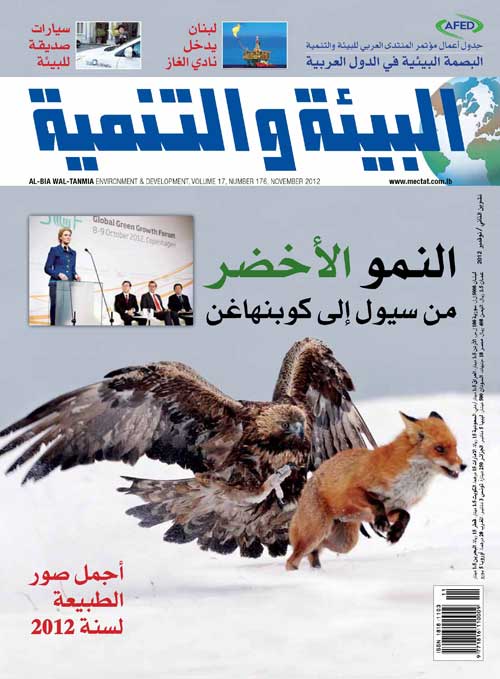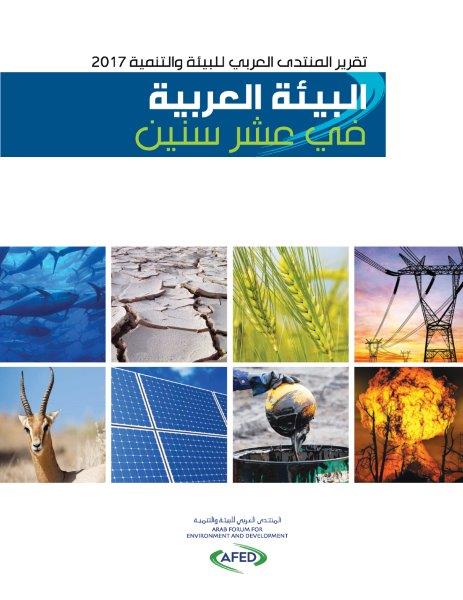| | Morocco: in the eye of the sun | | Najib Saab
November 2012
The costs of switching to greener production patterns, adopting sustainable natural resource management and reducing impact on the environment remains, by all means, less than the lowest cost estimates of any known corrective measures. |  | | more... | |
|
|
| | Environment Carnival | | Najib Saab
June 2012
Will the United Nations Conference on Sustainable Development (Rio+20) turn to an environment Carnival? Most likely, yes. The Conference is not expected to come out with any real commitments. Among the fifty thousand participants, just a few heavy-weight heads of state will attend, while the conference seats and the beaches of Rio de Janeiro will be filled with conference tourists and international bureaucracy |  | | more... | |
|
|
| | Water: a looming disaster? | | Najib Saab
January 2012
While addressing a session on water security during the Eye on Earth Summit in Abu Dhabi, I was afraid to end up reiterating already known information. But I discovered that the Arabs still need to know a lot about this subject. |  | | more... | |
|
|
| | Green economy and freedom | | Najib Saab
October 2011
Less than two months after the decision of the board of trustees of the Arab Forum for Environment and Development (AFED), a year ago, to select "Green Economy" as the theme for the 2011annual report, uprisings broke up in the region as part of what was termed the Arab Spring. |  | | more... | |
|
|
|
|
|
|
|
|
|
|
 | | | Arab Environment in 10 Years | | | ARAB ENVIRONMENT IN 10 YEARS crowns a decade of the series of annual reports produced by the Arab Forum for Environment and Development (AFED) on the state of Arab environment. It tracks and analyzes changes focusing on policies and governance, including level of response and engagement in international environmental treaties. It also highlights developments in six selected priority areas, namely water, energy, air, food, green economy and environmental scientific research. |
|
 |
|
|
|
|




